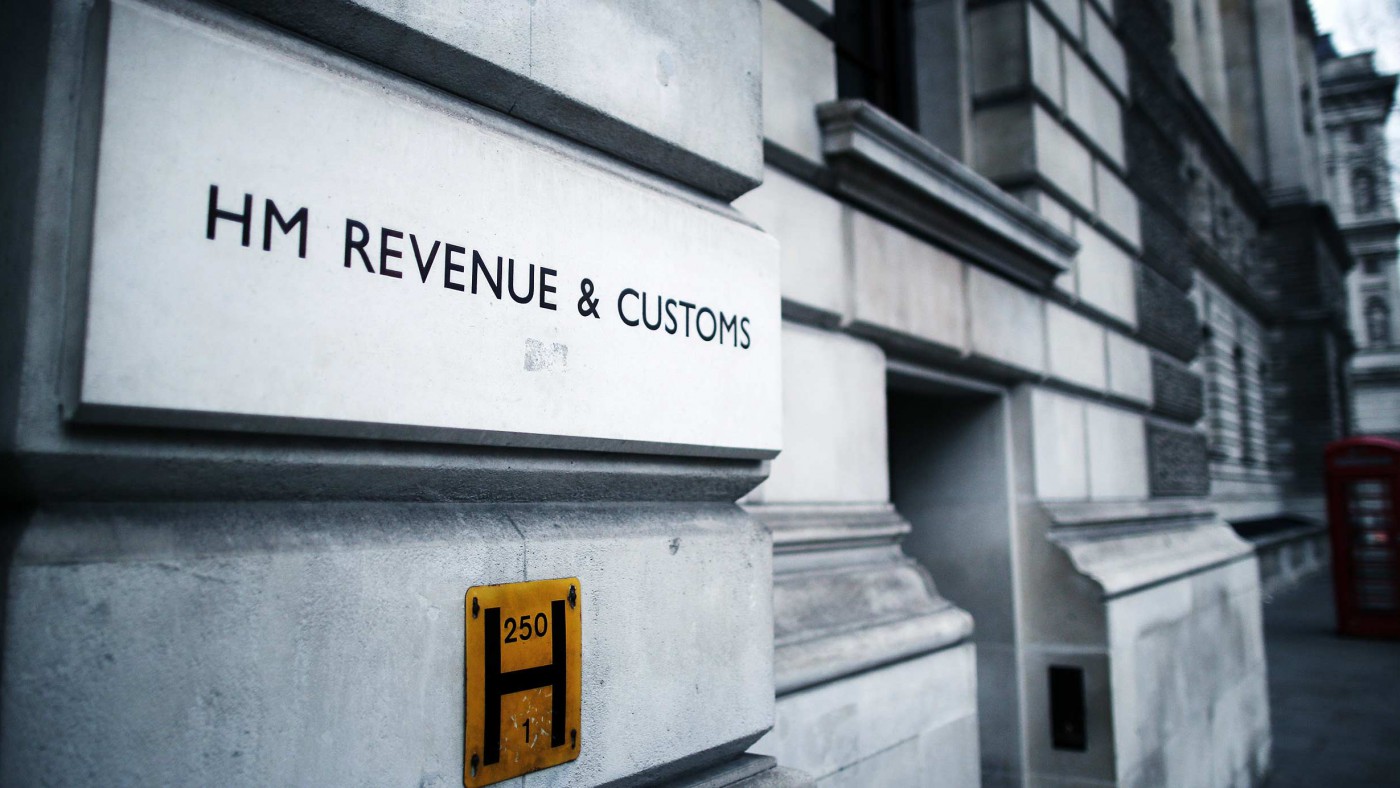If there is one thing worse than a big, expansive, expensive state, it must surely be a big, expansive, expensive, and badly run state.
Perhaps the two simply go hand-in-hand; certainly, the proposition ought to make intuitive sense to small-state conservatives, if any remain. But whatever your view on the high theory, the recent damning report on the performance of HM Revenue and Customs cannot help but be extremely galling.
MPs have rebuked HMRC for allegedly failing to collect some £42 billion in revenue – about 5% of the annual tax burden. Of that, only about 10% (£4.5bn) is connected to the under-policed Covid-19 support schemes; the rest is just general loss. According to the thinktank TaxWatch, this is equivalent to £1,235 per income tax payer.
Now, it is hard to muster much enthusiasm for cheering on the taxman. After all, it isn’t likely that the Revenue would actually cut our taxes by more than a thousand pounds were it suddenly to be operating at peak capacity – much more likely the money would simply be ploughed into further postponing reform of Our NHS.
But there is a popular (populist?) case to make here. Because if HMRC is missing out on tens of billions of taxes owed, that isn’t staying in the pockets of workers on PAYE, whose taxes are collected automatically, nor from under-collection from sole traders and other very small businesses, many of which won’t even clear the VAT threshold in the first place.
That means that millions of workers are lumbered with the highest tax burden in decades, to pay for a state which is increasingly failing to discharge basic functions to an acceptable standard, whilst the Government fails to even bring in the money that such tax rates ought to yield and the benefits accrue to tax evaders.
Worse, this looks in large part to be down to a weird parsimonious streak on the part of the State, best exemplified by the Government’s decision to shutter Rishi Sunak’s £100m anti-fraud taskforce. According to the Times:
“It had recouped less than £625 million stolen or overclaimed from Covid-19 support schemes administered by HMRC, including the furlough scheme, the self-employed income support scheme and the Eat Out to Help Out programme.”
Perhaps that number is less than might have been hoped for. But is the word ‘only’ really suitable there? Ministers put £100m in and got £625m out! How many other instances of government spending have yielded a six-fold return on investment – not to mention the inherent good in, you know, catching law-breakers?
In light of such a bizarre false economy, one can see why MPs have lambasted HMRC for slashing staffing, and thus delivering a deteriorating customer service experience for people trying to actually pay their taxes.
This isn’t just about inconvenience for ordinary people – although that matters! – but it is another frictional drain on revenue. The harder you make it for people to do the right thing, the more likely they are to give up, cut corners, or not bother. Which leaves HMRC having to chase monies which people might have gladly handed over, with anti-evasion task forces it doesn’t have.
All of this contributes to the toxic attitude wherein people resent high-profile instances where the State does spend what are truly trivial sums. The most obvious current example is the bizarre handwringing about the upcoming coronation, but MPs have also attacked the Prime Minister for using an official plane to get around. Such criticisms stand in a long and ignoble tradition of demanding that Government ministers fly economy, or take foreign trade delegations to Pizza Express.
Such policies make life difficult for politicians – Sunak really is busy, jets really are fast! – but don’t actually contribute to the betterment of the public finances or public life at all. If anything, they just help to make political government that bit less effective; there’s a reason ‘Operation Hairshirt’ got a whole episode of Yes, Minister dedicated to sending it up.
It’s not just that the dignity of the state is important – although it is – but that senior politicians should get perks for the same reason private companies give perks to executives and other important personnel: you want them to be focused on the task at hand and firing on all cylinders.
(This is especially the case if the same mean-spirited streak means that you don’t actually pay politicians salaries remotely comparable to top jobs in industry, but then that’s how the expenses scandal happened.)
Ultimately, however, our governing class must shoulder much of the blame for the hawkish eye that press and public keep on its receipt stubs. People are much less likely to resent a bit of largesse if they feel well-off and optimistic themselves, and less inclined to mistrust the rulers of a country that is ruled well.
But until we get a government willing and able to take the bold decisions necessary to break this cycle, we’re going to be trapped with this worst of both worlds: an onerous, ineffective state that is simultaneously unsustainably expensive and tackily cheap.
Click here to subscribe to our daily briefing – the best pieces from CapX and across the web.
CapX depends on the generosity of its readers. If you value what we do, please consider making a donation.


